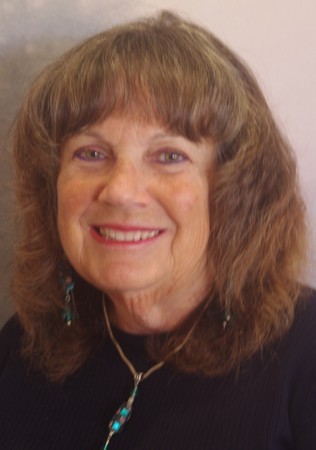 By Marsha Kay Seff
By Marsha Kay Seff
April 1, 2013 (San Diego)--Caring for your parents is tough enough under any circumstances. Without a good night’s sleep, caregiving is an almost impossible task.
Being sleep-deprived not only drains energy but can drastically affect your health, mood and daily functioning. Adequate rest is vital to being able to handle your life, your family’s and your parents’.
Doctors say there are several things you can do to improve your sleep. Tell that to my “sleep center,” which never worked very well and went on permanent disability while I was caring for my parents.
But some of these tips from healthcare professionals might help and certainly can’t hurt:
• The first step is discussing the issue with your physician. Certain medical conditions, such as chronic pain, breathing difficulties, frequent urination, reflux disease and an overactive thyroid, can lead to insomnia. Sleep testing and sleep aids might help alleviate underlying causes of insomnia.
• Try to reduce stress. I know, easier said than done. But stress is one of the biggest obstacles to sleep. Exercise, even a 10-minute daily walk, will help. Exercise promotes better sleep, reduces tension and depression and increases energy and alertness.
• If you’re still having trouble managing stress, talk with a therapist. Once when I felt overwhelmed with my parents’ care, I sought out a therapist. She pointed out all the choices that I didn’t even realize I had as a caregiver, and this was enough to relieve my mind – a little.
• Limit naps, unless that’s the only time you can steal for yourself. If you choose to nap, it’s best to limit it to 10 to 30 minutes.
• Go to bed and get up at the same time every day, even on weekends, holidays and days off.
• Avoid eating too much late in the evening. A heavy meal or snack before bedtime can cause heartburn and keep you up.
• Also avoid drinking too much before bed, as this can increase trips to the bathroom.
• Don’t count on a glass of wine, a cigarette or hot chocolate to do the trick. Caffeine and nicotine are the last things you need late in the day. Avoid caffeine after 2 p.m.
• Some people believe a glass of warm milk aids relaxation; others say a small bowl of oatmeal might help. Then, there’s the banana-believers that point out potassium and magnesium relax muscles and produce serotonin and melatonin. I won’t swear to any of this but, hey, if it works…..
• Check side effects of medications, especially those for allergies, colds and high blood pressure, as some can disrupt sleep.
• Unwind tight muscles before sleep with a warm bath or shower and gentle upper-body stretches.
• Don’t watch TV, study or use your computer in bed. Make sure your bedroom is dark, quiet and comfortable and climb into bed when you’re ready for sleep.
• Make a to-do list before turning in if you find yourself waking in the middle of the night worrying about all you have to accomplish the next day.
• Realize you can’t do everything yourself. Ask family and friends for respite, to help with meals, chores and healthcare needs. I wish I’d hired a care manager or in-home care company for at least a few hours of help a week.
With little to no sleep, family caregivers can get stuck in a wearisome cycle of exhaustion, mental fog, irritability and depression, which ends up affecting the quality of care they give their loved ones. Without adequate rest, you risk your own health and face caregiver burnout. So take your sleep seriously.
Sponsored by Right at Home In-Home Care & Assistance, www.rahencinitas.com, (619) 200-2110, alex@rahencinitas.com. Contact Marsha Kay Seff at mkseff@gmail.com.







Recent comments